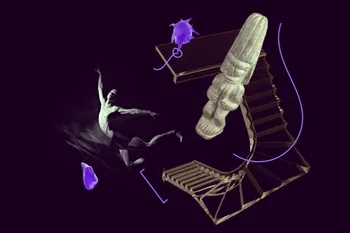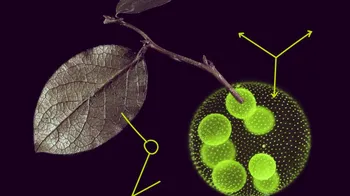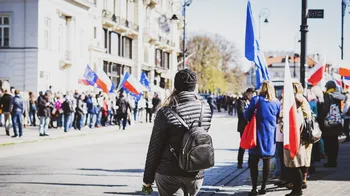Project results are expected to contribute to the following outcomes:
For staff members
- Increased set of research and transferable skills and competences, leading to improved employability and career prospects within and outside academia;
- More knowledge and innovative ideas converted into products, processes and services;
- More entrepreneurial mind-sets, testing new and innovative ideas;
- Increased international exposure leading to extended networks and opportunities;
- Enhanced networking and communication capacities with scientific peers, as well as with the general public that will increase and broaden the research and innovation impact.
For participating organisations
- Innovative ways of cooperation and transfer of knowledge between sectors and disciplines;
- Strengthened and broader international, inter-sectoral and interdisciplinary collaborative networks;
- Boosted R&I capacity.
MSCA Staff Exchanges involve organisations from the academic and non-academic sectors (including SMEs) from across the globe.
Support is provided for international, inter-sectoral and interdisciplinary mobility of R&I staff leading to knowledge transfer between participating organisations.
Mobility through secondments
The organisations constituting the partnership contribute directly to the implementation of a joint R&I project by seconding and/or hosting eligible staff members. Such a project must explore activities that can be based on previous work but should go beyond and generate or strengthen long-term collaborations. Secondments must involve physical mobility[1] of the eligible staff members and must always take
...






